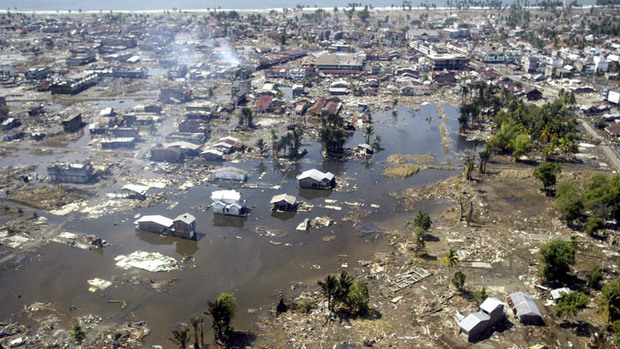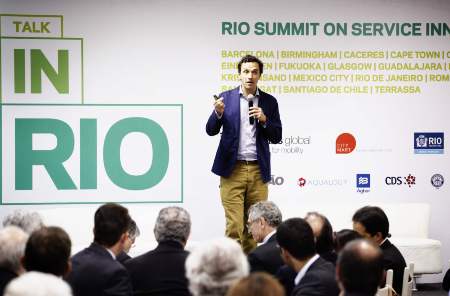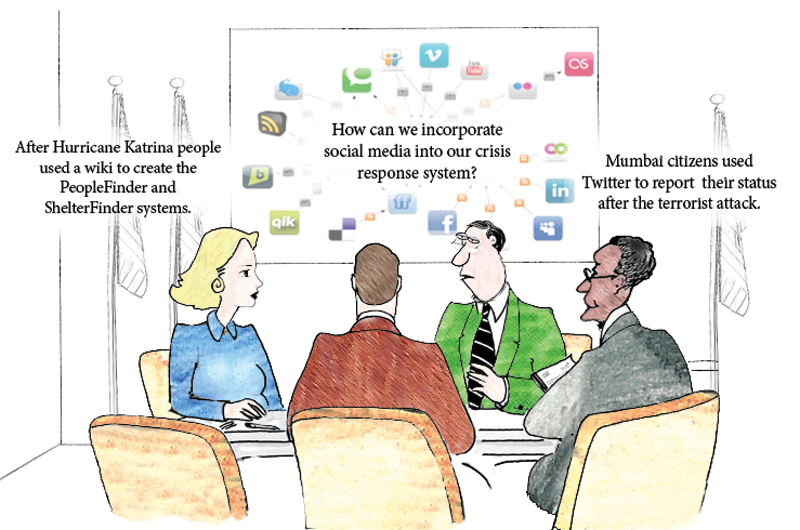May 9, 2012
The 2012 Joseph Leiter Lecture will be delivered by Dr. Frederick M. Burkle, at 2:00 p.m. on May 9, 2012, in National Library of Medicine's Lister Hill Center Auditorium. The lectureship, which honors former NLM Associate Director for Library Operations, Joseph Leiter, Ph.D., is sponsored jointly by the National Library of Medicine and the Medical Library Association.
Dr. Burkle is senior fellow and scientist, the Harvard Humanitarian Initiative, Harvard School of Public Health, and former senior scholar and now senior associate faculty and research scientist, the Center for Refugee & Disaster Response, Johns Hopkins University Medical Institutes. He also serves as a senior international public policy scholar, Woodrow Wilson Center for International Scholars, Washington, DC (2008-present).
In addition, he serves as adjunct professor, and as a clinical professor of surgery and adjunct professor in tropical medicine, at the University of Hawaii. He is also adjunct professor, Department of Military & Emergency Medicine, Uniformed Services University of Health Sciences, Bethesda, MD, and the Department of Public Health and Tropical Medicine, John Cook University, Australia.







Recent Comments